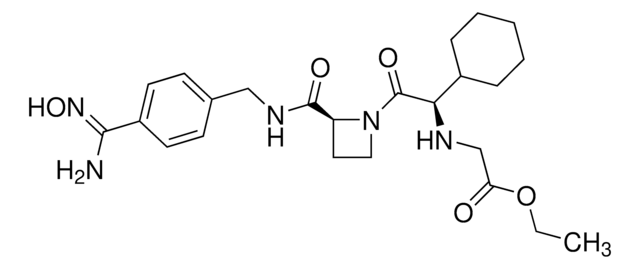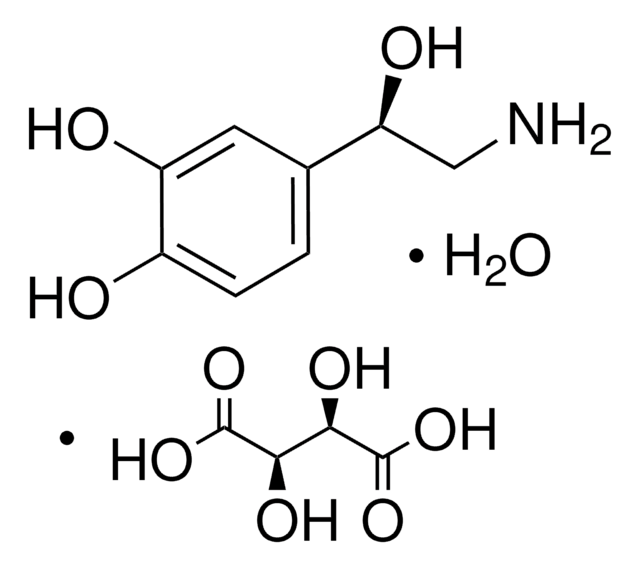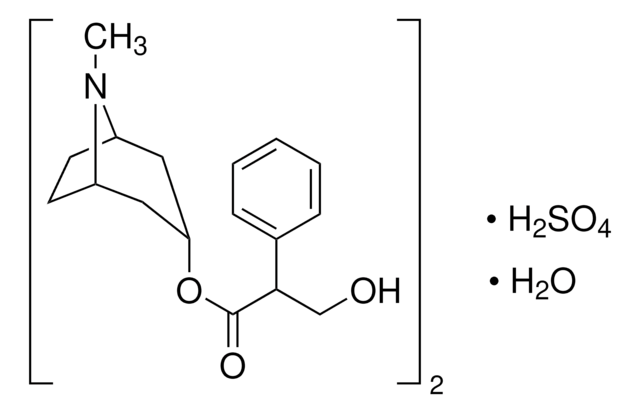Z101
Zimelidine dihydrochloride
solid
Synonym(s):
(Z)-3-(4-Bromophenyl)-N,N-dimethyl-3-(3-pyridinyl)-2-propen-1-amine dihydrochloride
About This Item
Recommended Products
form
solid
Quality Level
color
white
solubility
0.1 M HCl: 45 mg/mL
H2O: 66 mg/mL
originator
AstraZeneca
SMILES string
Cl[H].Cl[H].[H]\C(CN(C)C)=C(/c1ccc(Br)cc1)c2cccnc2
InChI
1S/C16H17BrN2.2ClH/c1-19(2)11-9-16(14-4-3-10-18-12-14)13-5-7-15(17)8-6-13;;/h3-10,12H,11H2,1-2H3;2*1H/b16-9-;;
InChI key
CXGURXWCQYHDIR-ULPVBNQHSA-N
Gene Information
human ... HTR1A(3350) , HTR1B(3351) , HTR1D(3352) , HTR1E(3354) , HTR1F(3355) , HTR2A(3356) , HTR2B(3357) , HTR2C(3358) , HTR3A(3359) , HTR3B(9177) , HTR3C(170572) , HTR3D(200909) , HTR3E(285242) , HTR4(3360) , HTR5A(3361) , HTR5B(645694) , HTR6(3362) , HTR7(3363)
Application
Biochem/physiol Actions
Features and Benefits
Legal Information
Signal Word
Warning
Hazard Statements
Precautionary Statements
Hazard Classifications
Acute Tox. 4 Oral
Storage Class Code
11 - Combustible Solids
WGK
WGK 3
Flash Point(F)
Not applicable
Flash Point(C)
Not applicable
Personal Protective Equipment
Choose from one of the most recent versions:
Already Own This Product?
Find documentation for the products that you have recently purchased in the Document Library.
Our team of scientists has experience in all areas of research including Life Science, Material Science, Chemical Synthesis, Chromatography, Analytical and many others.
Contact Technical Service








